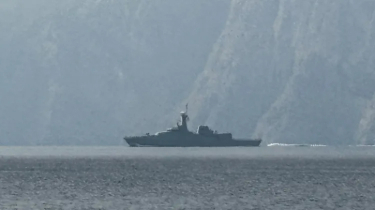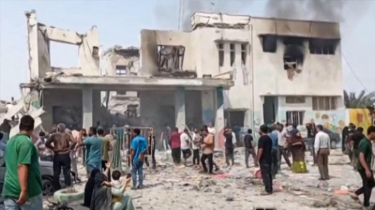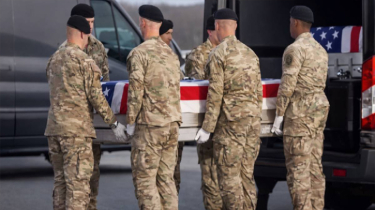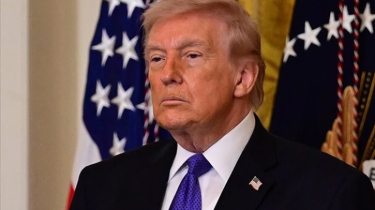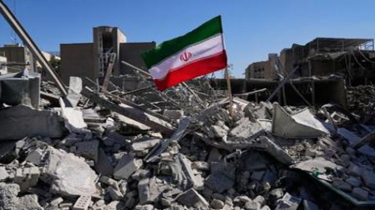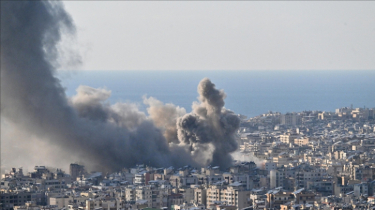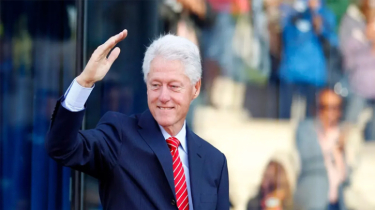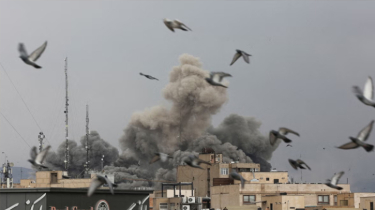Trump’s Push for Immediate Peace Talks with Russia Disrupts European Sanctions Strategy
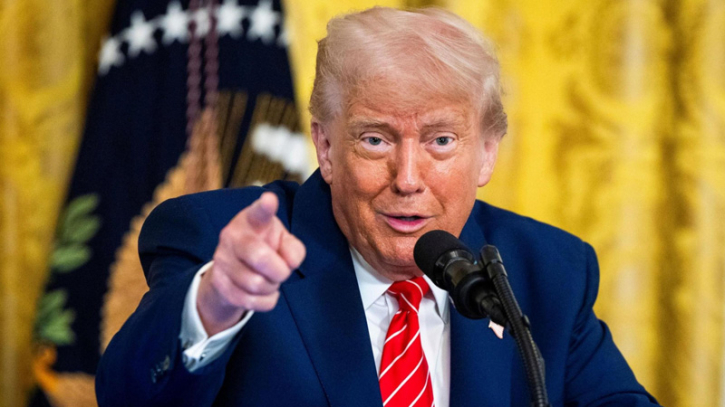
Published : 19:57, 13 May 2025
A social media post by Donald Trump demanding that Ukraine initiate immediate peace talks with Russia has thrown a wrench into Europe’s carefully coordinated diplomatic efforts to pressure the U.S. into imposing tougher sanctions on Moscow. European diplomats now fear the move could derail or delay their broader strategy aimed at countering Russia’s military aggression.
Following Trump’s comments, Ukrainian President Volodymyr Zelenskyy reluctantly agreed to attend negotiations in Istanbul on Thursday, responding to an invitation from Russian President Vladimir Putin. European diplomats say Zelenskyy had little choice, concerned that refusal might provoke a withdrawal of U.S. support, especially with Trump still holding considerable sway over American foreign policy.
Putin, aiming to maintain favorable ties with Trump and ease European pressure, extended the invitation to talks. Despite speculation, Western officials say there is no evidence that Trump and Putin coordinated on the matter.
The weekend saw a rare unified visit to Kyiv by European leaders—UK Prime Minister Keir Starmer, French President Emmanuel Macron, German Chancellor Friedrich Merz, and Polish Prime Minister Donald Tusk—urging a 30-day ceasefire to begin Monday. Their goal was to push Trump toward acknowledging Putin's reluctance to negotiate sincerely and thereby justify a robust U.S. sanctions package.
European foreign ministers, convening in London, publicly downplayed Trump’s intervention, but privately expressed frustration. “First there must be a truce—Ukraine is ready for that,” said new German Foreign Minister Johann Wadephul. Italy’s Foreign Minister Antonio Tajani warned that Russia appears to be buying time to consolidate territorial gains.
EU foreign policy chief Kaja Kallas echoed that sentiment, stating, “Without a ceasefire, peace talks cannot be genuine. Russia is playing for advantage.”
Zelenskyy’s strategy has shifted toward compliance with Trump’s demands following a widely reported breakdown in relations between the Ukrainian leader and Trump, along with Vice President JD Vance. Kyiv remains wary of losing vital U.S. backing.
Russia’s foreign ministry insisted Ukraine misunderstood Putin’s proposal, clarifying that any talks would begin with discussions over the original causes of the war—namely Ukraine’s potential NATO membership, recognition of Russian-claimed territories, and the cessation of Western military aid.
While the U.S. senator Lindsey Graham has introduced a sanctions bill with strong bipartisan support, the UK has postponed further sanctions it had planned to announce Monday, reportedly in response to the unfolding situation. However, the EU plans to proceed with a new sanctions package later this month if Russia fails to agree to a ceasefire by the end of the day.
Diplomats say the turning point could come if the U.S. enacts its own sanctions, both for their economic impact and the message it would send if Trump admits Putin is obstructing peace.
Trump, in a statement on his Truth Social platform, blamed both Ukraine and Russia for the failure of his ceasefire proposal, and urged Ukraine to meet with Russia immediately. “If nothing comes of it, then the U.S. and Europe will at least have clarity,” he wrote, expressing doubts about Ukraine’s willingness to strike a deal.
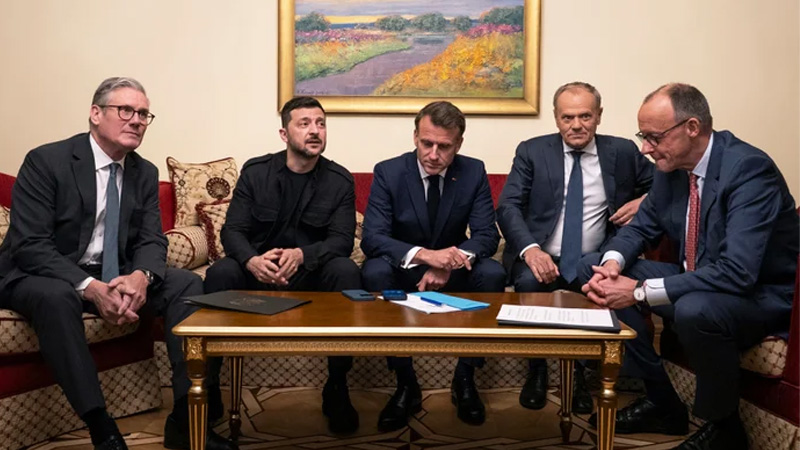
European leaders are now watching to see whether Putin will personally attend the Istanbul talks, which could signal increased pressure from Trump. The 2022 talks in Turkey were led by Russian Foreign Minister Sergei Lavrov, but Putin’s presence would suggest a significant shift.
Kremlin spokesperson Dmitry Peskov declined to confirm whether Putin would meet Zelenskyy, instead stating Russia remained focused on achieving a “long-term peaceful settlement.” He also criticized what he called EU “ultimatums,” claiming such approaches are unacceptable to Russia.
Trump hinted that he might attend the Istanbul meeting, saying, “There’s a possibility… if I think something meaningful could happen.” Meanwhile, U.S. Secretary of State Marco Rubio will be in Turkey for a separate NATO summit, but European leaders aim to challenge Russia’s peace conditions, which they argue amount to the dismemberment of Ukraine.
The focus now shifts to Thursday’s talks in Istanbul—seen by many as potentially pivotal, but high-risk—with European leaders preparing to renew pressure on Trump should Putin continue to delay or undermine the ceasefire plan.
Source- The Guardian.
AAM



